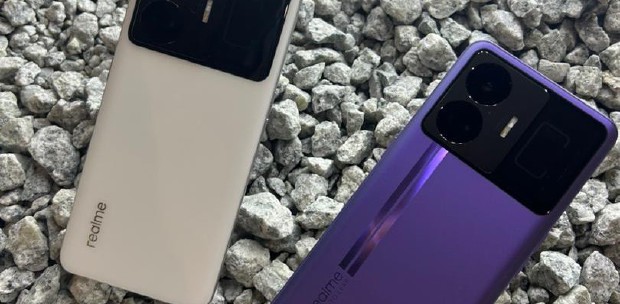SECURITY researchers at Cornell University in the United States have demonstrated the effectiveness of a virus capable of infiltrating tools powered by artificial intelligence (AI), stealing valuable information and even sending malicious emails.
The researchers focused on the use of a computer worm — a self-replicating type of malware — targeting applications powered by generative AI.
In the case of generative AI-powered email assistants, for example, the worm was able to exfiltrate personal data and spam numerous users.
The scientists were able to demonstrate that a dedicated worm can spread rapidly and automatically between different generative AI agents.
Once infiltrated, the worm uses adversarial self-replicating prompts designed to produce more harmful prompts and capture private data.
Unfortunately, this experiment foreshadows a new type of cyberattack. Based on their research, the scientists predict the arrival of this type of worm within the next two to three years at most. And the growing number of applications available based on generative AI only increases the risk of this type of threat spreading.
However, a classic data security approach should limit the risks, according to the researchers' initial observations. The idea is that humans should always be involved in certain authorisations, so that no data is able to leak out automatically.
Symbolically, the researchers have named their virus Morris II in a nod to the famous Morris worm, a pioneer of experimental viruses on the Internet, launched in 1988.
Protect your devices from viruses only with Dell promo code





